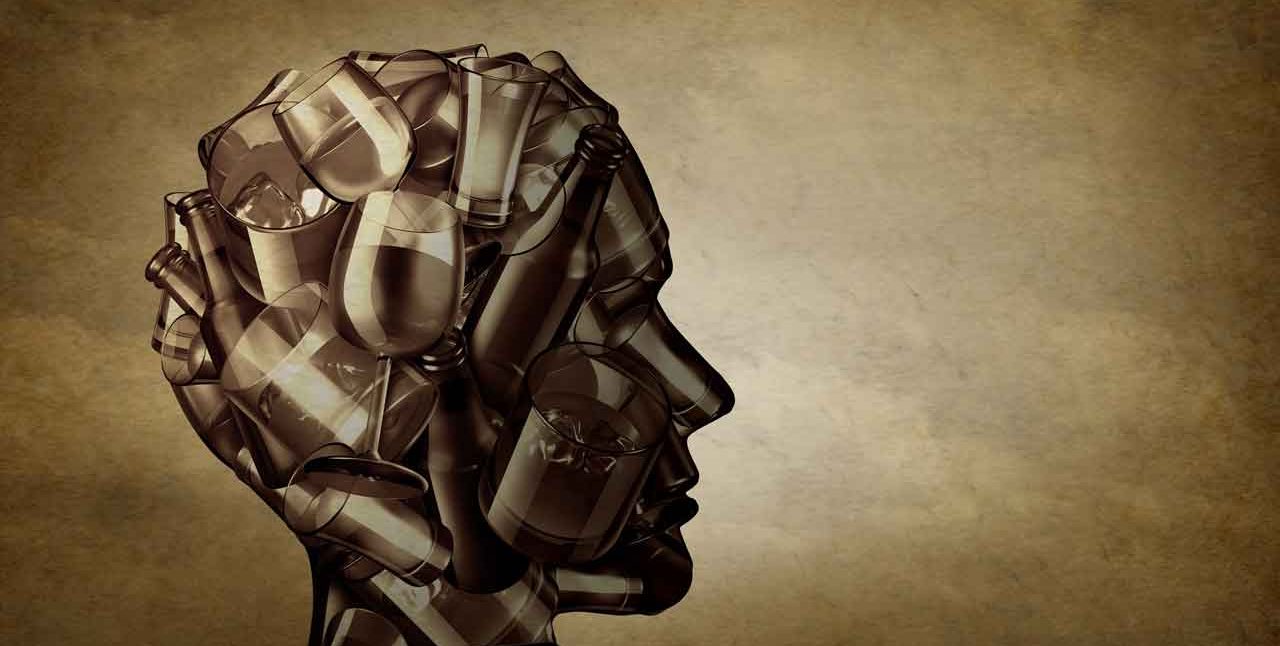Does Alcohol Kill Brain Cells?

Drinking alcohol in moderation may have health benefits. But there’s also concern about the effects of alcohol on the brain — does alcohol kill brain cells?
Research about how drinking alcohol impacts health has produced both good and bad news for those who enjoy wine, beer, or mixed drinks. In fact, the evidence about what drinking does to the body — especially the brain — can be downright confusing.
For example, there’s good news is moderate drinking (which the U.S. Department of Health and Human Services Dietary Guidelines for Americans defines as up to one drink per day for women and up to two drinks per day for men) may lower the risk of heart attack. On the other hand, drinking excessively can lead to high blood pressure and brain-harming strokes.
YOU MIGHT ALSO LIKE: What Kind of Drinker Are You?
The National Institute on Alcohol Abuse and Alcoholism points out alcohol interferes with the brain’s communication pathways — affecting the way your brain works, causing changes in mood and behavior, and making it difficult to think clearly. Alcohol interferes with coordination, too, even if you have only a few drinks.
But can regular moderate drinking protect the brain — or does alcohol kill brain cells eventually? Those are questions with no easy answers.
For example, there’s no doubt heavy drinking over time is dangerous for brain function. But results of research into whether moderate drinking several times a week helps prevent dementia or actually increases the risk of Alzheimer’s disease have been contradictory.
Scientists are working to find out exactly how alcohol affects the brain, how it may cause temporary or permanent harm, and the likelihood of reversing the impact of heavy drinking on the brain.
Alcohol brain damage
What does alcohol do to your brain? People who drink enough to be tipsy or downright drunk can experience slurred speech, blurred vision, impaired memory, and slow reaction times. These obvious signs alcohol affects the brain quickly resolve if a person sobers up and doesn’t drink heavily for a long time. But brain deficits can persist, the National Institute on Alcohol Abuse and Alcoholism notes, if a person drinks heavily over a long period of time, even after he or she achieves sobriety.
Drinking during pregnancy can harm the developing brain of a baby, resulting in a serious range of physical, learning, and behavioral effects known as fetal alcohol syndrome (FAS). Children with FAS may have smaller than normal brains and fewer numbers of brain cells or brain cells (neurons) that are unable to function normally.
Alcohol can directly damage the brain, as in FAS, or it may indirectly cause harm to the brain, the National Institute on Alcohol Abuse and Alcoholism explains. For example, 80 percent of alcoholics are deficit in thiamine (also known as vitamin B1) due to poor overall nutrition. This deficiency causes many alcoholics to eventually develop Wernicke-Korsakoff syndrome — a neurological disorder marked by mental confusion, unsteady gait, and other nervous system and brain problems.
It’s well-known excessive drinking over time can damage the liver, but this liver dysfunction caused by alcohol also can harm the brain. Alcohol-damaged liver cells allow two toxic substances, ammonia and manganese, to enter the brain — raising the risk of a potentially fatal brain disorder known as hepatic encephalopathy.
Does alcohol kill brain cells?
The answer to the question, does alcohol kill brain cells, is complicated. Neurons, cells that carries electrical impulses, are the basic units of your nervous system and critical to the function of your brain. Research by scientist Roberta J. Pentney, PhD, revealed that while alcohol doesn’t actually destroy neurons in the brain, it can impact them and even alter the structure of neurons in a way that disrupts thinking, memory and more. For example, long-term, heavy alcohol drinking can damage a part of neurons (nerve fibers called dendrites) in the cerebellum, a part of the brain important for motor coordination and learning.
Researchers from the University of Texas Medical Branch (UTMB) discovered alcohol can kill neural stem cells — these are cells found in the brain (so they are also called brain stem cells), but they are different from neurons (best known as the “brain cells” needed for normal thinking abilities).
It’s now know these neural stem cells create new neurons. So the fact stem cells can be killed by alcohol would clearly impact whether healthy new neurons can be created in the brain. This finding may help scientists understand one way alcohol may harm the brain and, perhaps, how to heal that damage.
"The discovery that the adult brain produces stem cells that create new nerve cells provides a new way of approaching the problem of alcohol-related changes in the brain," said researcher Ping Wu, MD, PhD, UTMB professor of neuroscience and cell biology.
However, it’s important to note the study was done in mice, not humans. Much more research is needed to see how it might apply to people.
Updated:
April 02, 2020
Reviewed By:
Janet O’Dell, RN